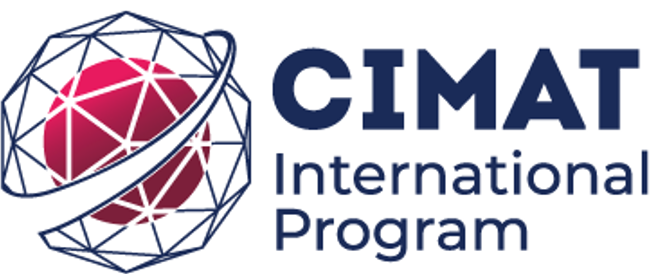| FALL SEMESTER |
Mathematical Tools for ModelingThe last forty years have seen an accelerating trend toward the applicability of mathematics. To such a degree that, today, they flood and permeate our whole life: finance, climate, electronic commerce, communication and new materials, to name but a few. Many of the ground-breaking technologies that have become available in recent years are mathematical in nature. A strong background in the basic aspects of these mathematical tools is fundamental to understanding their effectiveness and for developing new technologies. This success cannot be explained without the equally accelerated power of computation available to us. By combining mathematical techniques and computational power, we can tackle problems that were unthinkable a few years ago. The complexity of today's challenges requires the participation of multidisciplinary teams in which mathematicians play a central role. Successful participation in this process requires not only a solid foundation in some mathematical disciplines, but also the ability to manage the computer implementations that facilitate their application to specific problems. During this semester, we focus on six areas of Mathematics which have had a huge impact on applications: Algebra, Linear Algebra, Differential Equations, Differential Geometry, Complex Variables, and Probability. The courses combine an overview of the basic aspects of each area with interesting applications based on state-of-the-art software. The ability to use mathematical techniques to model real-life situations gives participants in this semester a definite advantage in a world with problems that become more challenging and complex every day. In this semester, we provide the basic tools to tackle a variety of problems.
Click on the tiles below to see details of each course of the Fall Program Modeling with Differential Geometry Discrete Probability and Simulation Modeling with Linear Algebra Tools for Modeling Dynamics Algebra and its Applications Functions of a Complex Variable Other courses, including an Independent Research Project, might be offered depending on the academic background of the students admitted to the program. The minimum course load is three mathematics courses per semester. A one-week workshop on computational tools for data science is organized at the beginning of the Semester. |
| SEMESTER GOALS AND OBJECTIVES |
The aim of this semester is to learn and master the mathematical and computational foundations necessary for students majoring in Math to deepen their knowledge and practical skills in areas related to modeling. The semester's learning outcomes are:
|
| GENERAL REQUIREMENTS |
Successful applicants will:
|


